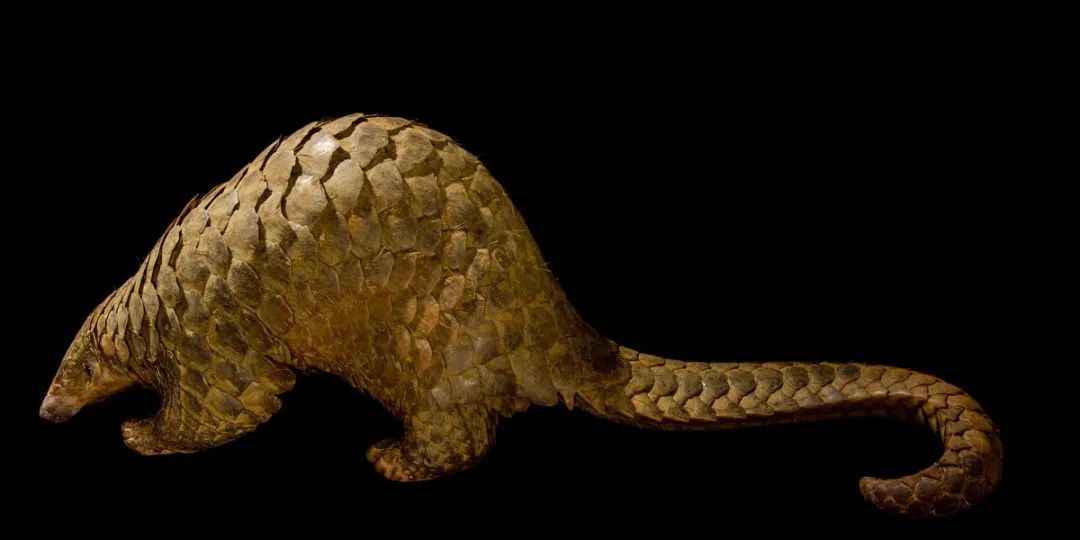The Sunda pangolin (Manis javanica), a unique scaly mammal native to Southeast Asia, stands at the brink of extinction, classified as "Critically Endangered" by the International Union for Conservation of Nature (IUCN). Among the world’s eight pangolin species, it is widely regarded as the most imperiled, with its survival hanging in the balance due to relentless human activities.
Distinguished by their armor-like scales—each individual can bear up to 1,000 of these keratinous structures—Sunda pangolins play a vital ecological role, controlling insect populations by feeding primarily on ants and termites. However, this harmless creature has become a target of illegal wildlife trade, driven by a dangerous combination of myth and greed.
A key threat stems from the baseless belief in traditional medicine that pangolin scales possess curative properties, allegedly treating ailments ranging from skin conditions to arthritis. Scientifically, these scales are composed of the same material as human fingernails and hair, offering no medicinal value. Yet, this misconception fuels a thriving black market, where pangolins are poached and trafficked by the thousands.
Compounding their crisis is habitat loss across Southeast Asia, as deforestation for agriculture and urbanization shrinks their natural ranges in countries like Indonesia, Malaysia, and Thailand. The IUCN reports that their populations have plummeted by over 80% in recent decades, with no signs of recovery under current conditions.
Conservationists emphasize that protecting Sunda pangolins is not only crucial for biodiversity but also for maintaining balanced ecosystems. Efforts to combat illegal trade, raise public awareness, and enforce stricter wildlife protection laws are underway, but time is running out for this iconic species.

